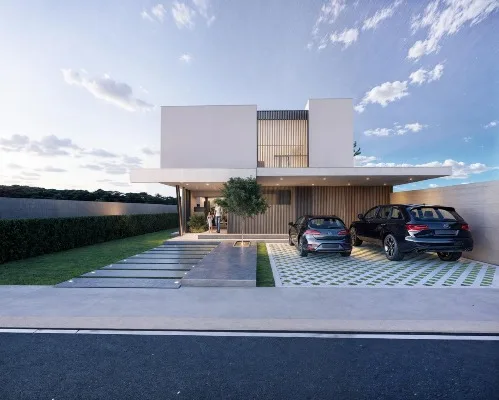Venezuela appears headed for catastrophe as Maduro’s desperation grows
By the Washington Post Editorial Board
For a month, Venezuela has been rocked by massive popular demonstrations against the regime of Nicolás Maduro, which has led the country into a dystopia of economic dysfunction and criminality while blatantly violating democratic and constitutional norms. The demands of the opposition have been echoed by the majority of Venezuela’s neighbors in the Organization of American States: release political prisoners, hold democratic elections, and take steps to remedy drastic shortages of food and medicine, including by accepting humanitarian aid.
echoed by the majority of Venezuela’s neighbors in the Organization of American States: release political prisoners, hold democratic elections, and take steps to remedy drastic shortages of food and medicine, including by accepting humanitarian aid.
The regime’s response has been brutally uncompromising. It has pounded opposition marchers with rubber bullets and enveloped them in tear gas ; 29 people have been reported killed in the demonstrations. It has announced its intention to withdraw from the OAS, where it has faced demands to abide by a democratic charter that requires free assembly and free elections. On Monday, Mr. Maduro announced his most radical response yet: the calling of a constituent assembly to rewrite the constitution, a maneuver clearly intended to avoid future elections and formally convert Venezuela into an authoritarian state.

Caracas protesters face the police.
It’s easy to see why Mr. Maduro would want to avoid a democratic resolution of the crisis. Polls show the government has the support of less than a quarter of the population, which is afflicted by one of the world’s highest rates of violent crime and shortages of food so severe that a large majority say they have lost weight. The opposition won the last election, for the National Assembly, by a landslide in December 2015; since then the regime has used its control of the Supreme Court to strip the legislature of power while refusing to schedule either local elections or a recall referendum on Mr. Maduro.
Now Mr. Maduro is suggesting that a constituent assembly will be chosen, but not by a free and fair vote. Half its members would come from social organizations controlled by the ruling party. Once convoked, the assembly would likely be used to dissolve the opposition-controlled congress and hand power to regime structures; it could remake Venezuela along the lines of Cuba, whose Castro regime has been Mr. Maduro’s tutor.
The prospect of this coup has led the opposition to redouble its protests. Roads in much of Caracas have been blocked with demonstrators’ barricades. But Mr. Maduro and the corrupt clique that surrounds him, including generals accused of drug trafficking and profiteering on food shipments, are calculating they can win the battle in the streets — and that they will lose everything if they agree to elections.
The result is that one of Latin America’s most important countries, a major oil producer with a population of 30 million, is headed toward a cataclysm greater than any the hemisphere has witnessed since the Central American wars of the 1980s.
It is not clear what can now stop Mr. Maduro, but a bill introduced Wednesday in the U.S. Senate by a broad bipartisan coalition offers a way forward, including $10 million to seed a U.S.-led humanitarian aid initiative, strengthened sanctions on senior officials and the compilation of a public report on those officials’ involvement in drug trafficking and corruption. U.S. efforts to rescue Venezuela have long been sporadic and halfhearted; this is the moment to step them up.
________________
Credit: Washington Post, www.washingtonpost.com


















